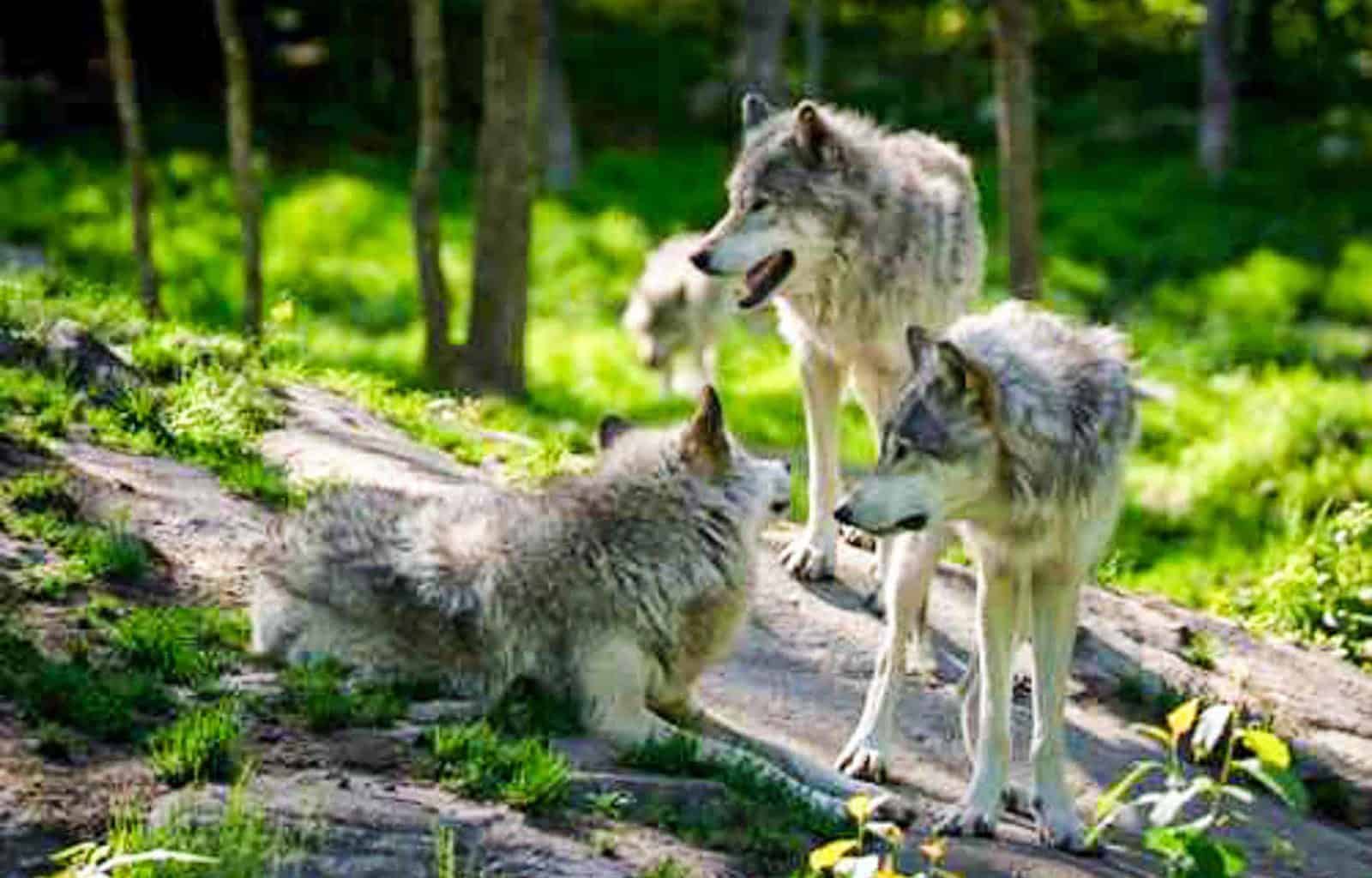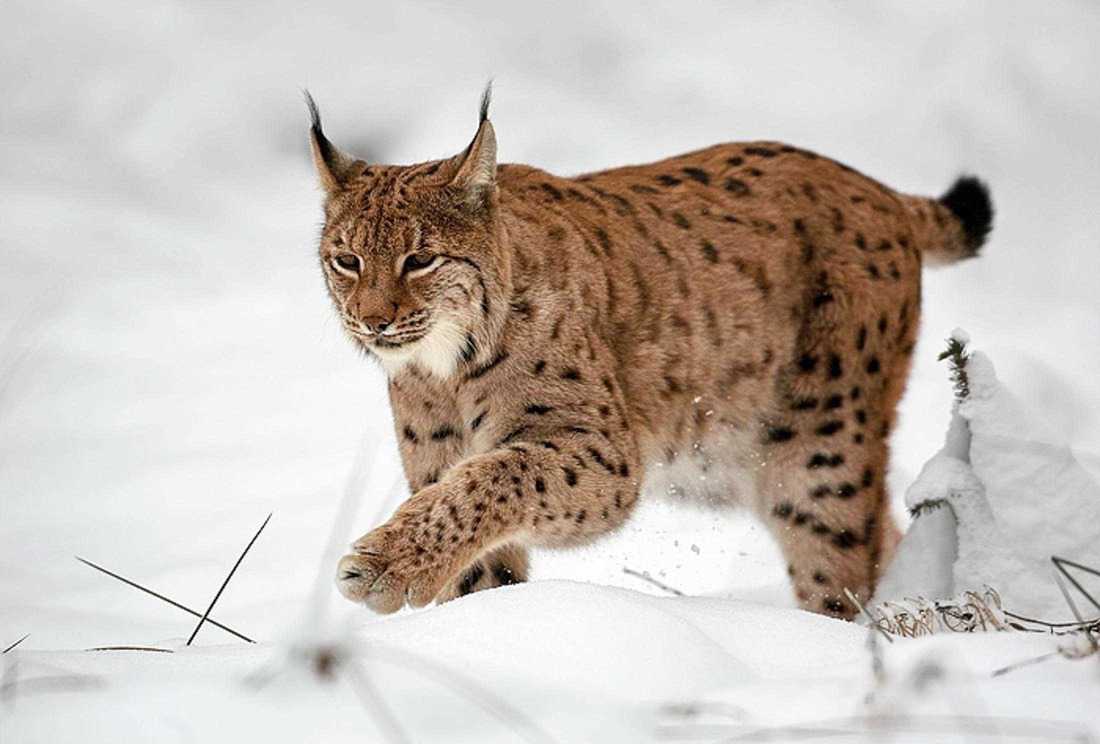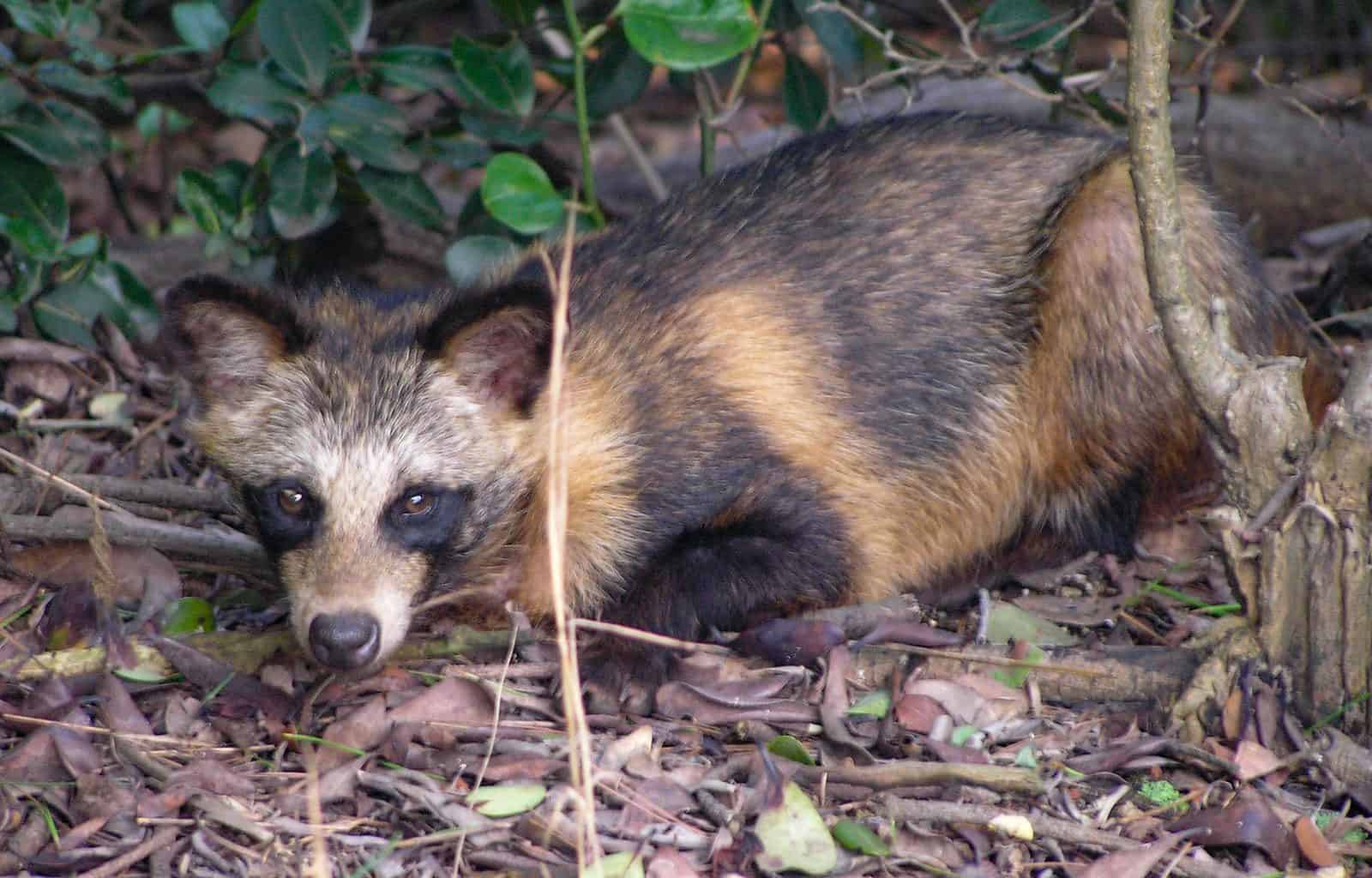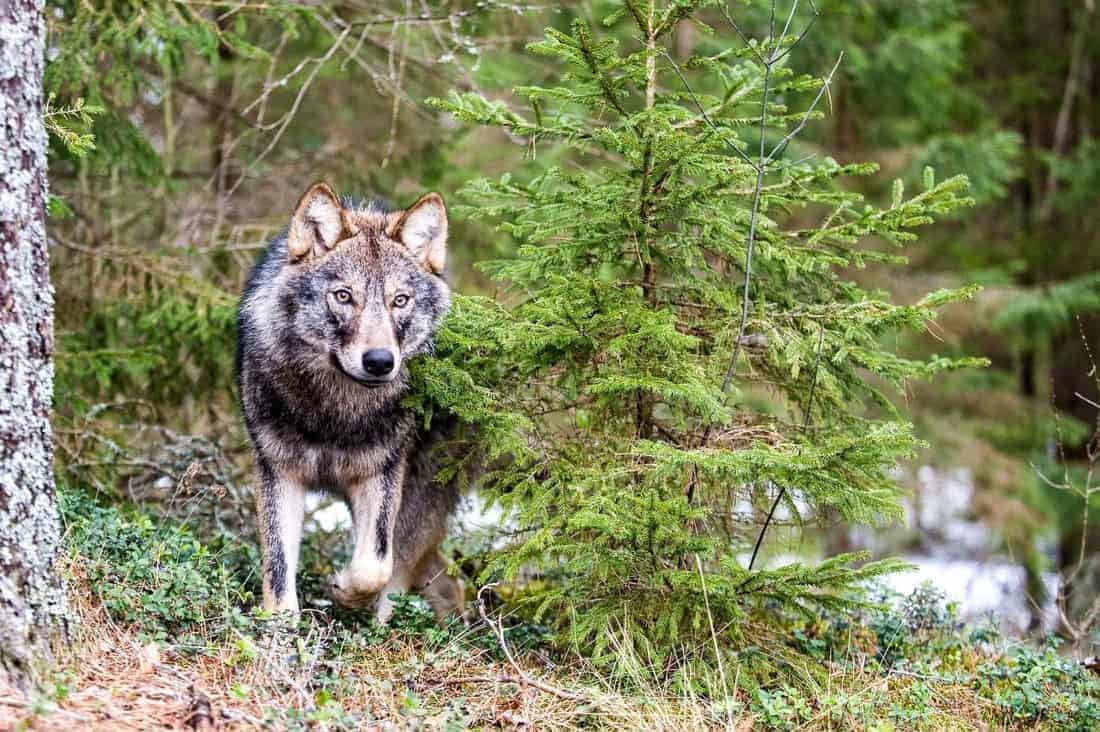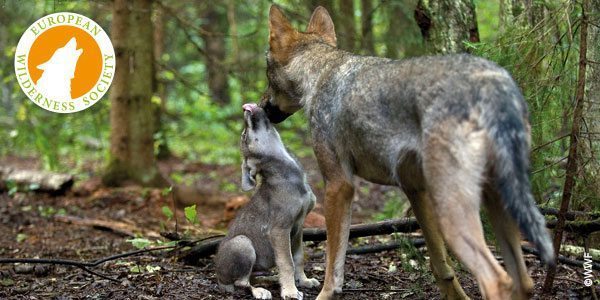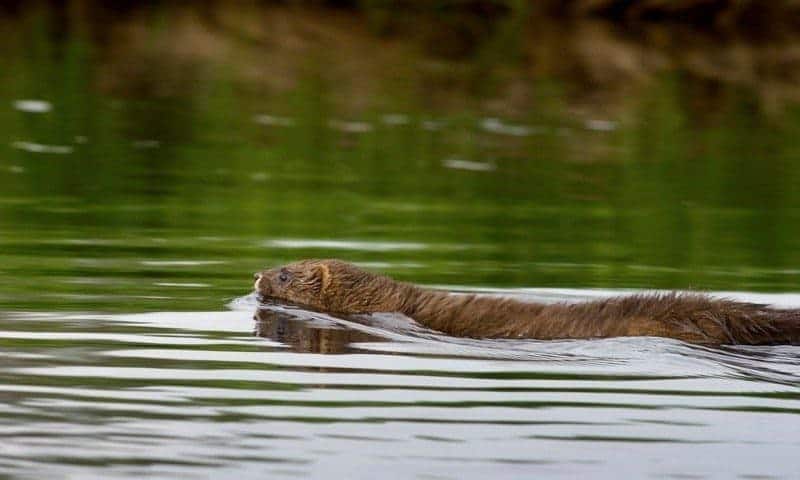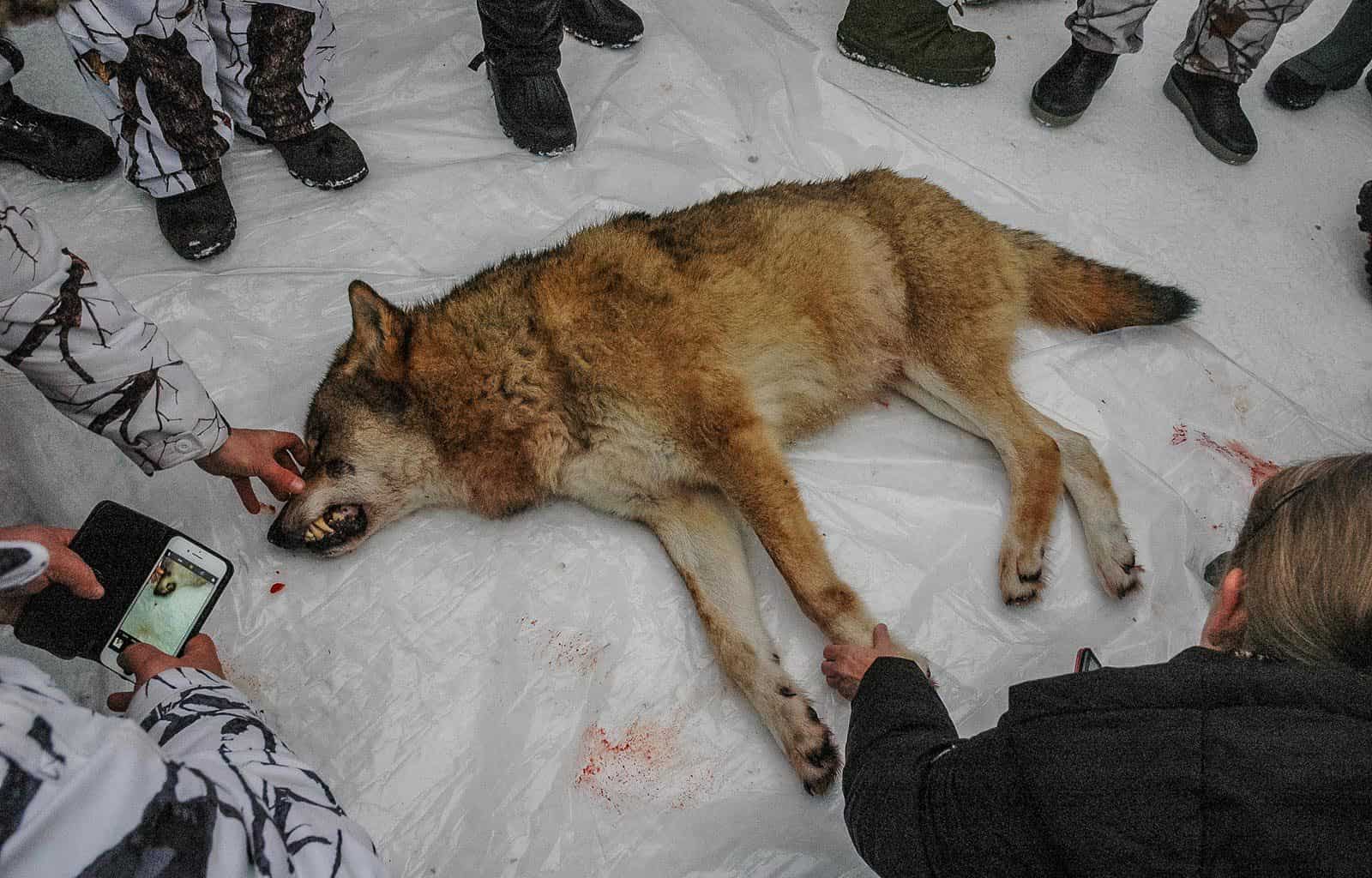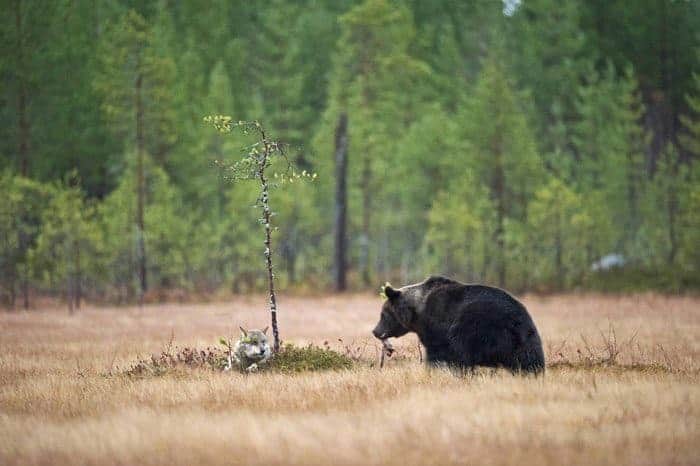International Wolf Day: Growing population in the Alps
Happy International Wolf Day! Since their natural return to the Alps in the 1990s, wolf populations have grown exponentially. Swiss NGO Gruppe Wolf Schweiz reported a record number of Alpine packs in 2021. Therefore, with more areas set to be recolonised soon, learning to live with the wolf will be a priority for locals.
Over 250 Alpine wolf packs in 2021
In their latest press release, Gruppe Wolf Schweiz reported an increase in Alpine wolf packs, with 269 recorded for 2021. The population is growing exponentially, with a yearly increase of 25-30%. At this rate, half of areas appropriate for wolves will be inhabited by the end of 2022, and in a few years, all possible wolf habitats will be recolonised. Once the territories are at full wolf capacity, the population will stop growing and regulate itself.
Even with illegal interventions (i.e. killings) to control the population, this expansion is not expected to slow down. According to various studies, around half of the Alpine mountain range provides suitable habitat for wolves. However, wolves can easily adapt to their environment, and as shown by their current distribution, are capable of settling in almost all regions. Furthermore, there are large wild game populations across the Alps to support the burgeoning wolf population.
Adapting to the wolf population in the Alps
This new information shows that no amount of illegal killing can prevent the current expansion of the wolf. But this has not stopped farmers, understandably frustrated by depredations of their livestock, from protesting and even shooting the protected species in response to its return. Even mentioning the wolf can illicit a heated response in some Alpine communities. Therefore, it is often helpful to not focus on the wolf itself, but on solutions instead.
The tried-and-tested measure to prevent depredations is livestock protection. Livestock owners in areas of Europe and Asia in which humans never exterminated the wolf, have traditionally guarded their animals with fences, guarding dogs and shepherds for millennia. These people reject human-wildlife conflict and welcome coexistence, not necessarily out of love for large carnivores, but out of necessity. This is because they know that without using protective measures in areas inhabited by wolves, they are putting their livestock in unnecessary danger.
The EU LIFEstockProtect project, aims to promote livestock protection measures in the German-speaking Alpine region. Its partners, including European Wilderness Society, have organised various training days, excursions and other events this autumn. These aim to support livestock owners across the project region in implementing these measures effectively. If you would like to attend, you can book your place below. Or, if you would like to hear more about adapting to the wolf population in the Alps this International Wolf Day, you can visit the LIFEstockProtect homepage for more information.

